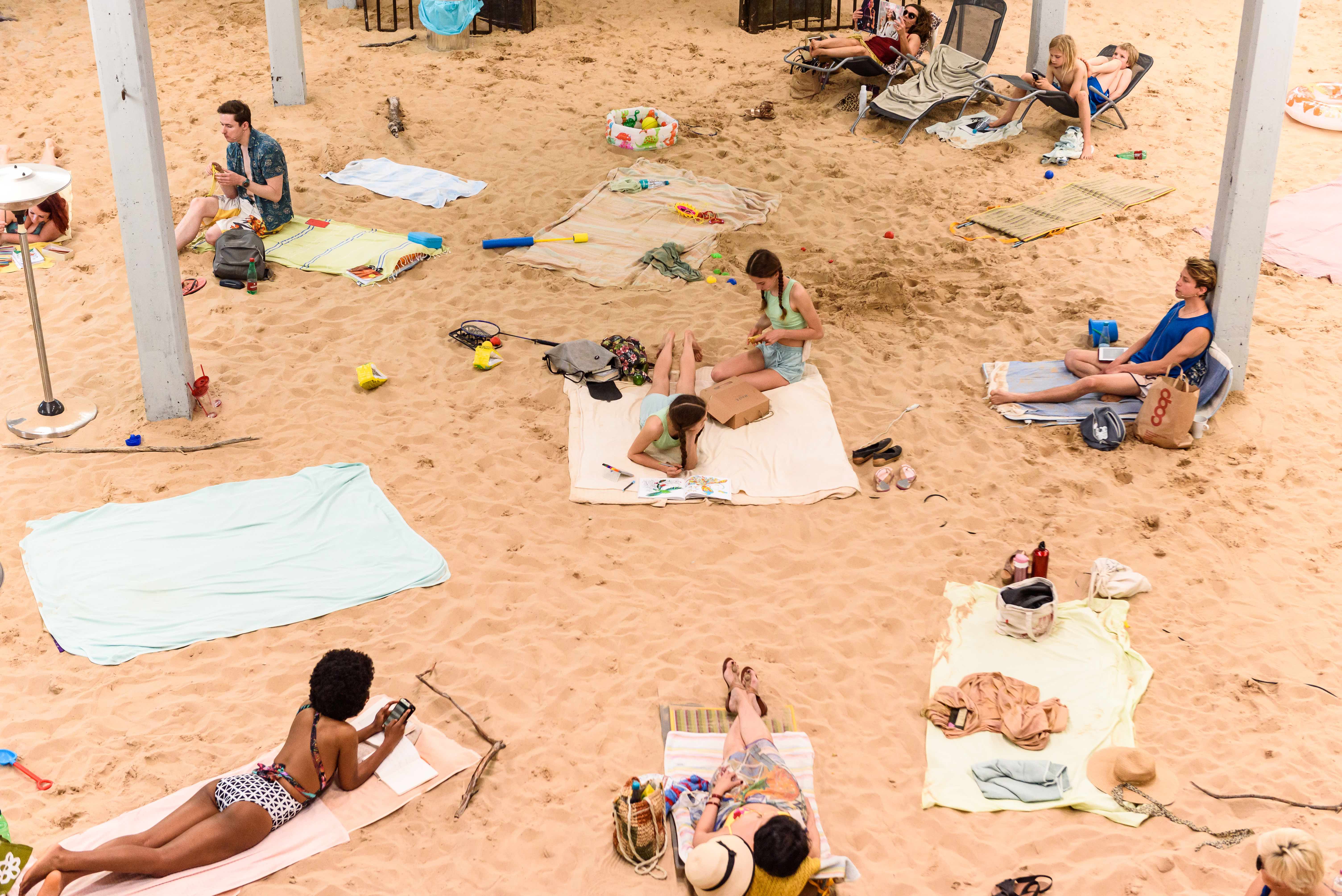
In the old days, things were repaired, not thrown out. Soon, when buying a washing machine for example, we will know not just how energy-saving it is, but also to what extent it is repairable and durable. At least in France. An interview with Adèle Chasson from the Stop Planned Obsolescence (HOP; Halte à L’Obsolescence Programmée) NGO.
Urszula Kaczorowska: Are you a crazy activist?
Adèle Chasson: No. Absolutely not.
But your organization wants to imprison manufacturers who deliberately design their products with the aim of limiting their lifespan. People found guilty of planned obsolescence can end up behind bars for two years and the company can face fines of 5% of annual revenues.
At first sight, it might sound very radical. In reality, on the one hand we are focused on condemning the dishonest business practices that deliberately put products onto the market, which break quickly so that consumers are encouraged to replace them. On the other hand, we promote businesses that do the exact opposite: they want their products to have a long lifespan.
Employees from the NGO where you work work









